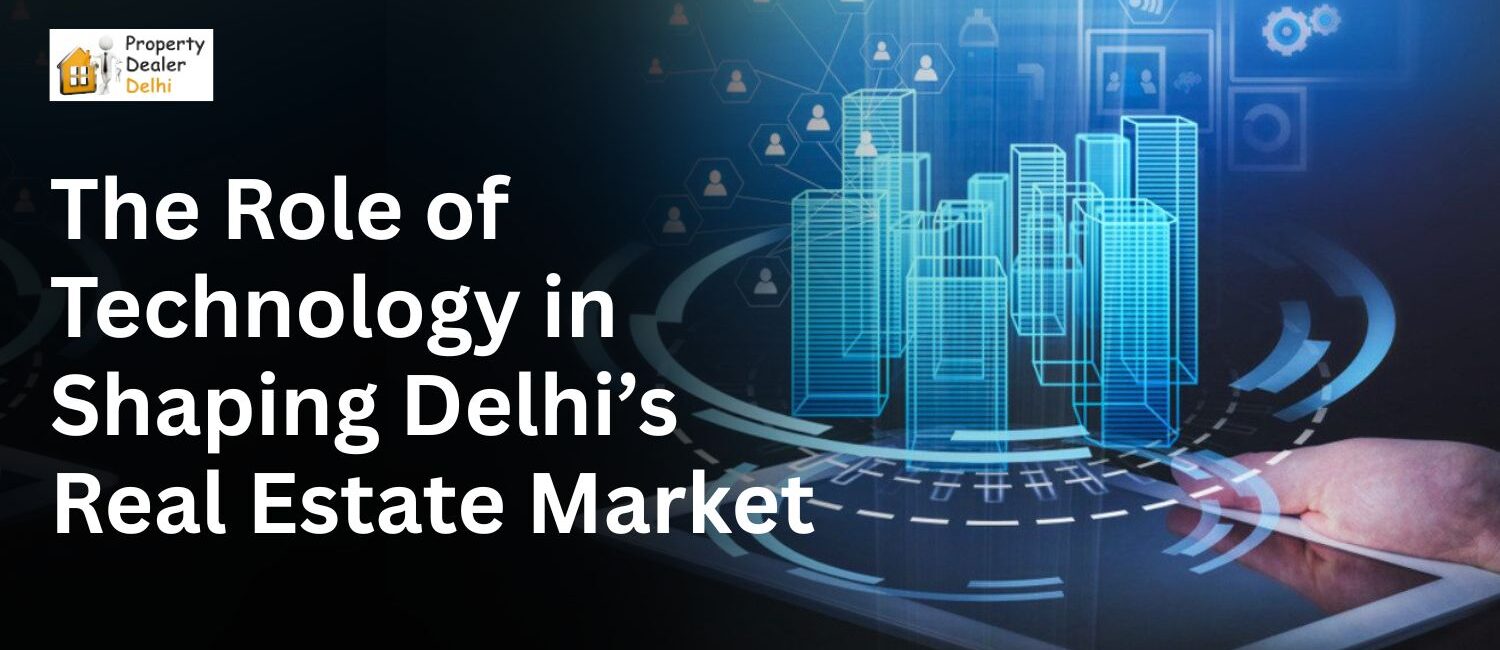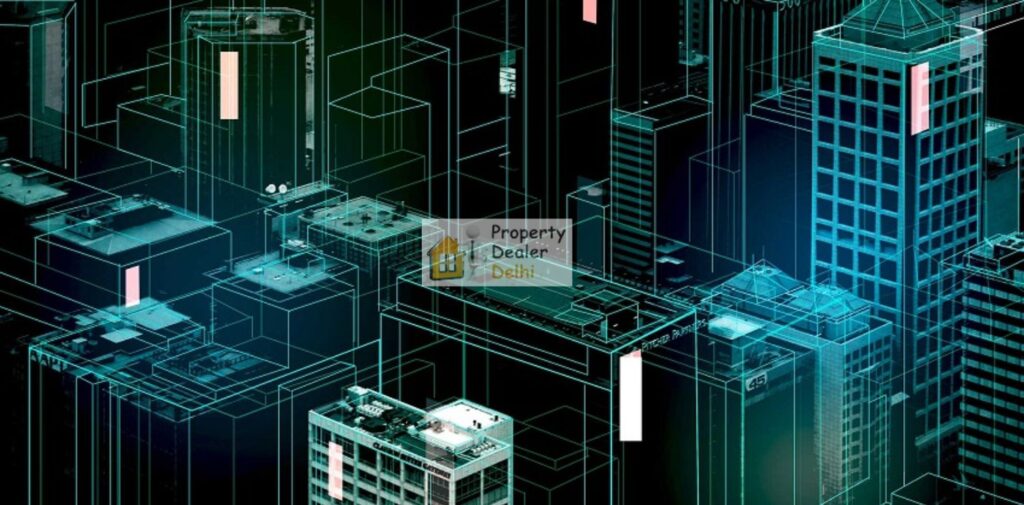
The Delhi Real Estate Market has undergone significant transformations over the past few years, and technology has played a crucial role in this change. From property buying and selling to construction and management, technological innovations are reshaping the way real estate functions in the capital city. In this article, we explore how Technology in Shaping Delhi Real Estate Market and the benefits it brings to both developers and buyers.
The Rise of Digital Platforms for Property Transactions
In the past, property transactions were often lengthy, complicated, and required buyers and sellers to meet in person. However, with the rise of digital platforms, real estate transactions in Delhi have become much more convenient. Websites and mobile apps like Magicbricks, 99acres, and Housing.com have made it easier for potential buyers and renters to explore various property options, compare prices, and connect with sellers or agents.
These digital platforms have provided a user-friendly interface, allowing buyers to filter properties based on their requirements, such as location, budget, and amenities. Virtual tours and high-quality images also help potential buyers view properties without physically visiting them. For developers, digital platforms provide an opportunity to reach a wider audience, increasing their chances of selling or renting properties more quickly.
Moreover, online property portals have reduced the need for middlemen, making property transactions more transparent and cost-effective. This shift towards digital platforms has not only streamlined the process but has also made real estate transactions more accessible to a larger section of the population.

Smart Technologies in Property Management
Technology is also transforming the way properties are managed in Delhi. With the rise of smart homes and buildings, property management has become more efficient and convenient. Smart technologies allow homeowners and tenants to control various aspects of their homes, such as lighting, security, and temperature, using their smartphones or voice commands.
For instance, smart security systems with features like video surveillance, smart locks, and motion sensors are gaining popularity in residential properties. These technologies provide added safety and peace of mind to homeowners and tenants. In commercial properties, smart building systems are used to monitor energy consumption, control HVAC (heating, ventilation, and air conditioning) systems, and improve overall efficiency.
The use of technology in property management also extends to real-time monitoring of the building’s infrastructure. Property owners can track maintenance schedules, address repairs, and ensure that the property remains in good condition without needing to visit the site frequently. This has led to a more streamlined management process and reduced the time spent on administrative tasks.
Real Estate Construction and Innovation
Technology is not only changing the way properties are bought and managed but also how they are built. In the construction industry, innovations like Building Information Modeling (BIM), 3D printing, and prefabrication are making it easier to design and construct properties faster and more efficiently.
Building Information Modeling (BIM) is a digital tool that creates 3D models of buildings, allowing developers to visualize the entire construction process. This helps in identifying potential issues early on, improving accuracy, and reducing errors during construction. BIM has proven to be an invaluable tool in large-scale construction projects in Delhi, ensuring that buildings are constructed according to the highest standards.
Additionally, 3D printing and prefabrication are revolutionizing construction by enabling developers to build components off-site and then assemble them on location. This reduces construction time and cost while improving the quality of the final product. These technologies are especially useful in Delhi, where the demand for new homes and commercial spaces is high, but the time for construction can be a limiting factor.

Data Analytics and Market Insights
Another way technology is shaping Delhi’s real estate market is through the use of data analytics. Real estate developers, investors, and buyers now have access to vast amounts of data that can help them make more informed decisions. Data analytics can provide insights into market trends, property values, demand and supply patterns, and buyer preferences.
For example, developers can use data to analyze the potential for property appreciation in different areas of Delhi. They can identify areas where prices are likely to rise in the future and invest in those regions. Similarly, real estate agents can use data analytics to predict the demand for certain types of properties, such as commercial spaces or luxury apartments, and adjust their marketing strategies accordingly.
For buyers, data analytics can provide valuable information on property prices, rental yields, and historical trends in specific locations, helping them make better investment choices. With access to this data, they can assess the value of a property more accurately and understand whether it aligns with their investment goals.
Conclusion: Technology in Shaping Delhi Real Estate Market
Technology is playing an increasingly important role in shaping Delhi’s real estate market. From simplifying property transactions through digital platforms to enhancing property management with smart technologies, technology is making real estate processes faster, more efficient, and more accessible. Innovations in construction techniques are reducing costs and construction time, while data analytics is empowering developers and buyers to make informed decisions. As technology continues to evolve, its impact on the real estate sector will only grow, further transforming the way properties are bought, sold, built, and managed in Delhi. For investors, developers, and homeowners, embracing these technological advancements is essential to staying ahead in the ever-changing real estate landscape.

